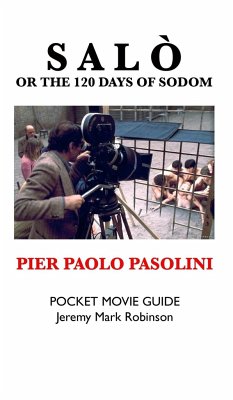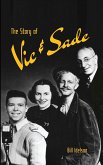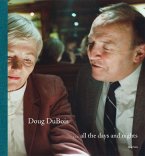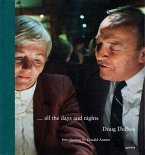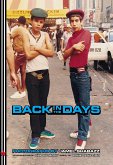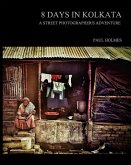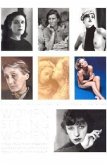SALO, OR THE 120 DAYS OF SODOMPIER PAOLO PASOLINIPOCKET MOVIE GUIDEBy Jeremy Mark RobinsonA new critical study of the Italian filmmaker and poet Pier Paolo Pasolini's most controversial movie, Salò, o Le 120 Giornate di Sodoma (1975). Salo is a challenging film in every way. Critics at the time (and since) have found Salo difficult to sit through or unwatchable. Salo transposed the novel The 120 Days of Sodom (1785) by the Marquis de Sade (1740-1814) to Italy at the end of WWII. For Pier Paolo Pasolini, Salo was about (among other things), domination and submission, power and coercion, Western capitalism, the banal but all-pervasive influence of consumer culture, the power relations between the aristocratic class and the peasant/ working class, and fascism in Italy in the 1930s and 1940s. As Pasolini noted: 'where de Sade says God, I say Power; he was against the power over man's beliefs, I am against the power over man's body.' Pier Paolo Pasolini's other works in cinema include The Gospel According To Matthew, one of the great films about Jesus, the 'trilogy of life' movies based on Middle Ages texts (Chaucer, Boccaccio and the 1001 Nights), adaptations of ancient world plays (Medea and Oedipus Rex), and poetic portraits of contemporary Roman life (Accattone, Mamma Roma and The Hawks and the Sparrows). The book includes a biography of Pasolini, an exploration of aspects of his cinema, and topics related to Pasolini's life and interests such as religion, poetry, homosexuality, his colleagues, Marxist politics, modern Italy, and the Third World. Pier Paolo Pasolini was born on March 5, 1922, in Bologna, Italy. He died on November 2, 1975, in Ostia, Rome (he was buried in Casarca, in his beloved Friuli). When he was a film director, Pier Paolo Pasolini was certainly an intimidating presence, with a formidable reputation - like Cecil B. DeMille, D.W. Griffith or Jean-Luc Godard. Very confident, very smart, a great talker and interviewee, a leader on set, with no doubts from anyone about who was the primary creator and author. The appendices include quotes by Pasolini; and on Renaissance artists. Fully illustrated. Bibliography, appendices, filmography and notes. 256 pages. Hardcover with a colour laminated cover. www.crmoon.com

